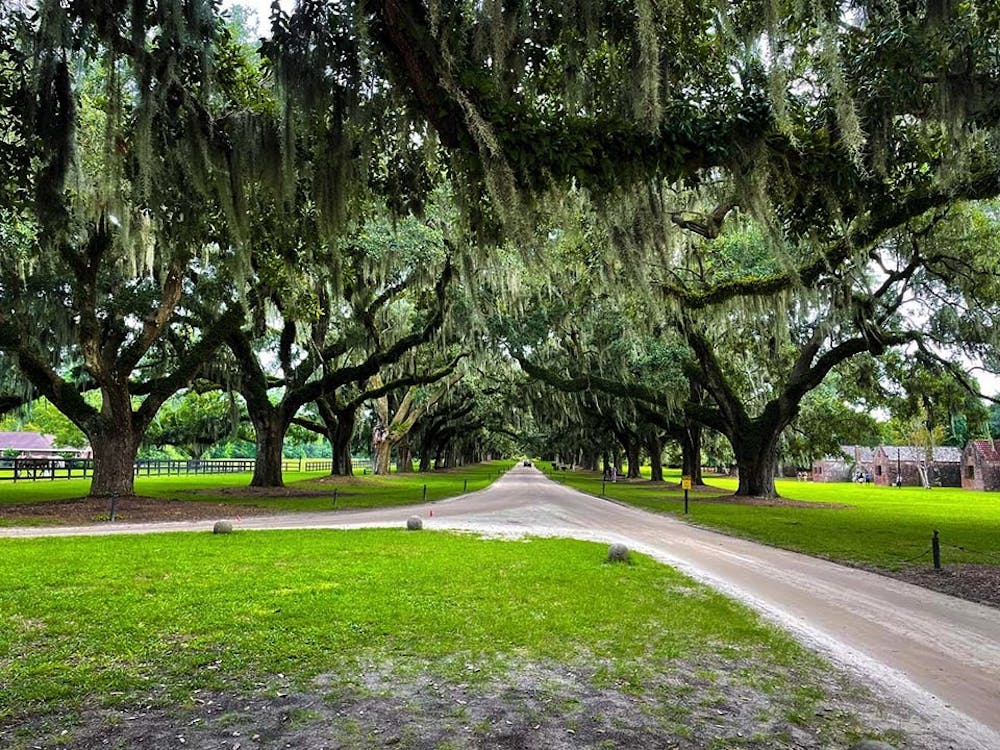Since the 1700s, the American South has been famous for the multitude of historical plantations across the region. South Carolina, home to an estimated 2,000 plantations during the antebellum period, has at least 30 open for tours.
Many of these plantations advertise their beautiful scenery and stately mansions as ways for people to get a feel for Southern charm. The majority of plantations in South Carolina also rent out the land to be used as a venue for weddings or other special events.
However, along with all of the advertised charms of plantations, underneath is the sobering reason of why they even existed in the first place: They acted as large farms where work was done by enslaved individuals.
Joseph McGill works to tell the stories of enslaved people through his organization, The Slave Dwelling Project. Through the organization, he leads sleepovers in slave dwellings in order to honor their former inhabitants and to bring attention to the need for the dwellings to be preserved and for the voices of enslaved people to be included in the narrative of slavery.
McGill also leads campfire talks prior to the sleepover on slavery and its legacy.
“A lot of people hear what I have to tell them, the real history, they hear it from me for the first time in their lives,” McGill said.
This lack of awareness around the realities of slavery is what motivated McGill to start the organization.
“The thing that got me inspired was what was not there, what was not being told” McGill said.
The Slave Dwelling Project tours are now included with admission to Magnolia Plantation & Gardens, where McGill is the history and culture coordinator. He said this has now doubled the number of visitors to the project.
Similar efforts to educate visitors on the reality of plantation life were taken at plantations themselves, as well. John Diehl, a historical tour guide at Boone Hall Plantation & Gardens, leads talks on slavery’s role in the plantation’s history and its lasting impact on life today.
Boone Hall also has nine dwellings still standing which were formerly inhabited by enslaved people. The dwellings now act as exhibits, with each one presenting a different period in Black history, according to Diehl.
“We have an opportunity with these cabins to educate people on slavery and on the early plantation life, so we try and take advantage of that,” Diehl said.
But not every plantation has gone to such lengths as Boone Hall and Magnolia to educate visitors on slavery. And at many plantations, it is not even visually obvious enslaved people were ever there to begin with.
“There’s no tombstones. Nothing. No evidence. There’s not even the fields," Nicole Maskiell, a professor of early American history at USC, said. "People come to a beautiful house, and they just don’t know."
Visitors could tour a plantation and not even be aware of its history due to the lack of visual indicators of slavery’s mere existence. Very often, nature walks, elaborate mansions and gardens are the most marketed aspects of the plantations. This makes it all the more important for the visitors to be aware of the history of the land they are touring, according to Maskiell.
“It is on the plantations to offer that history and put it in the front of the brochure and not as a kind of back add-on,” she said. “It’s critically important to facing the history of slavery in a thoughtful and meaningful way.”

